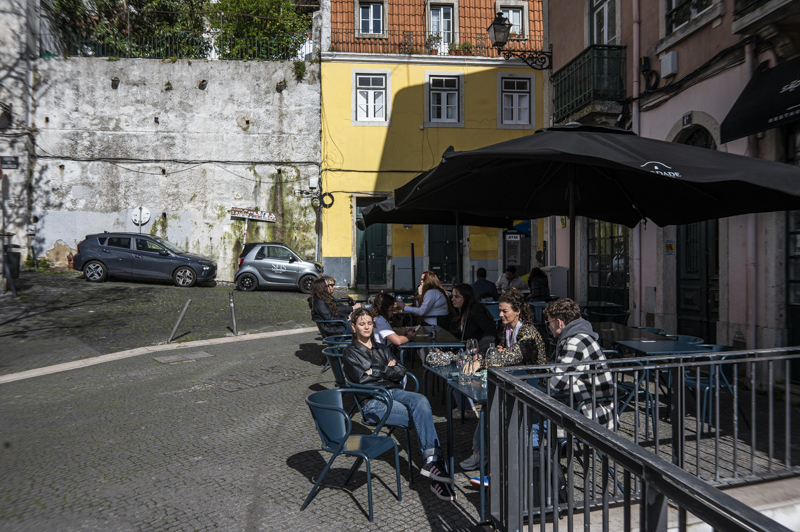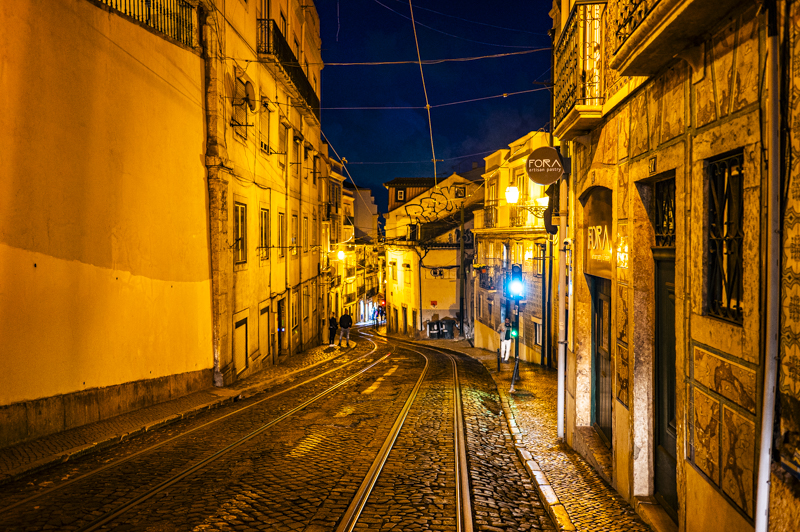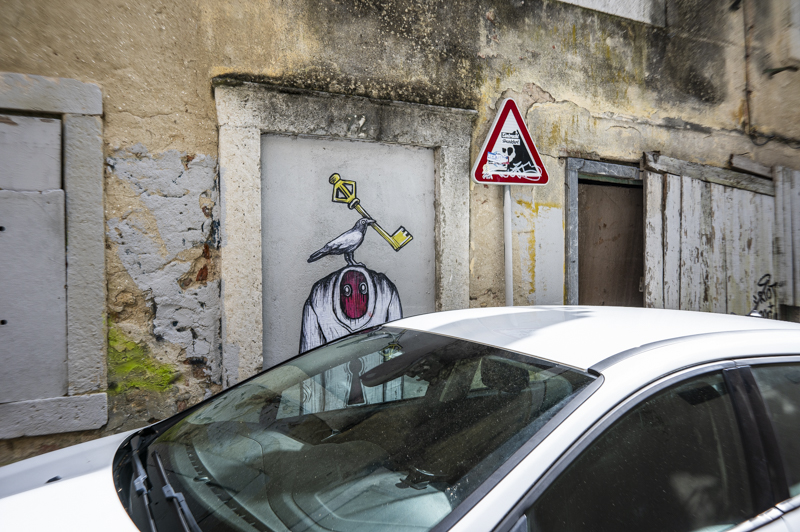With each sunrise over Tagus' tide,
Hope is reborn, never to hide,
In Olisipona's heart, resilience prevails,
A testament to time, in whispered tales.
Lisbon, the capital of Portugal, is a city that bears the weight of centuries upon its cobbled streets and terracotta rooftops. It is a place where time seems to weave through the fabric of the city, blending ancient history with modernity in a seamless dance. To understand Lisbon is to embark on a journey through layers of culture, tradition, and resilience. At the heart of Lisbon lies a palpable sense of endurance, forged through trials and tribulations spanning centuries. From the devastating earthquake of 1755, which reduced much of the city to rubble, to the revolutions and transitions of the 20th century, Lisbon has borne witness to upheaval and transformation. Yet, like a phoenix rising from the ashes, it has rebuilt itself time and again, its spirit unbroken and its character enriched by the scars of its past. But Lisbon's allure extends beyond its physical landmarks; it resides in the rhythm of everyday life that pulses through its streets. From the bustling markets of Baixa to the melancholic melodies of Fado echoing through the alleys of Alfama, there is a vibrancy to Lisbon that captivates the soul. It is a city of contrasts, where the old meets the new, the traditional intersects with the contemporary, and the past coexists with the present. Moreover, Lisbon is a city of stories, each corner whispering tales of conquest and exploration, of triumph and tragedy. It is a place where the past is not merely preserved in museums and monuments but lives on in the collective memory of its inhabitants. From the Age of Discovery, when Portuguese explorers set sail to chart unknown waters and establish global trade routes, to the Carnation Revolution of 1974, which brought an end to decades of dictatorship and paved the way for democracy.
(Text partially generated by AI)























Comments
Post a Comment